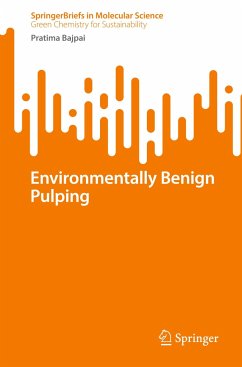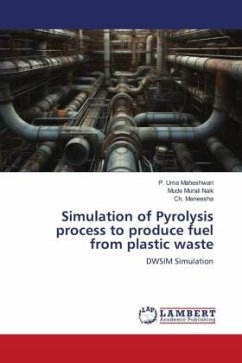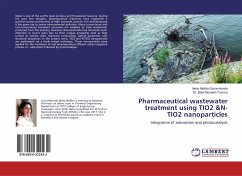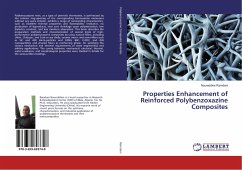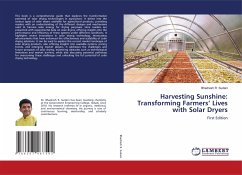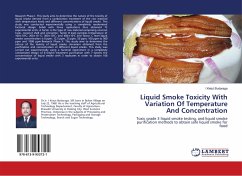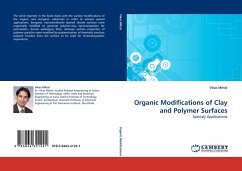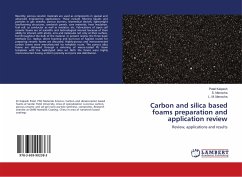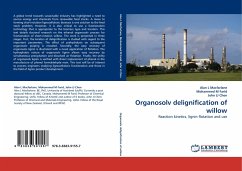
Organosolv delignification of willow
Reaction kinetics, lignin flotation and use
Versandkostenfrei!
Versandfertig in 6-10 Tagen
52,99 €
inkl. MwSt.

PAYBACK Punkte
26 °P sammeln!
A global trend towards sustainable industry has highlighted a need to source energy and chemicals from renewable feed stocks. A move to farming short-rotation lignocellulosic biomass is one solution to the feed stock problem. However, it is also critical to use a fractionation technology that is appropriate to the biomass type and location. This text details doctoral research on the ethanol organosolv process for fractionation of short-rotation willow. The work is presented in three stages. First, the kinetics of delignification is studied with regard to the important parameters. The effect of...
A global trend towards sustainable industry has highlighted a need to source energy and chemicals from renewable feed stocks. A move to farming short-rotation lignocellulosic biomass is one solution to the feed stock problem. However, it is also critical to use a fractionation technology that is appropriate to the biomass type and location. This text details doctoral research on the ethanol organosolv process for fractionation of short-rotation willow. The work is presented in three stages. First, the kinetics of delignification is studied with regard to the important parameters. The effect of prehydrolysis on subsequent organosolv pulping is revealed. Secondly, the easy recovery of organosolv lignin is illustrated with a novel application of flotation. The hydrophobic nature of organosolv lignin allows easy recovery by simultaneous precipitation and dissolved air flotation. Finally, the utility of organosolv lignin is verified with direct replacement of phenol in the manufactureof phenol formaldehyde resin. This text will be of interest to process engineers studying lignocellulosic fractionation and those in the field of lignin product development.



